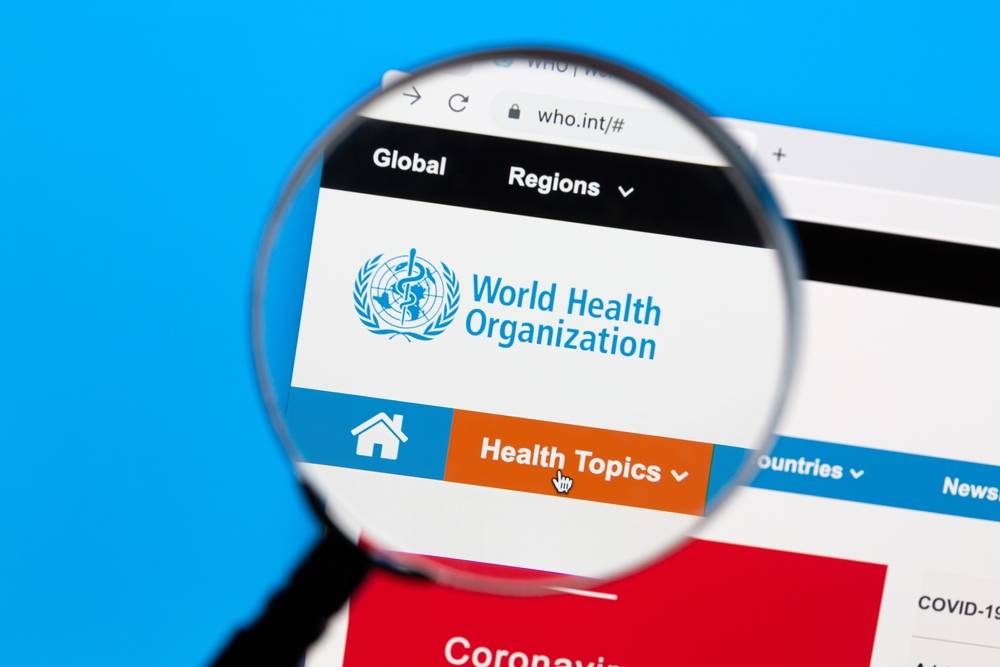In what comes as a sigh of relief for the international community, World Health Organization (WHO) Director-General Tedros Adhanom Ghebreyesus recently declared the end of the global health emergency linked to Monkeypox.
This decision came in response to recommendations from an emergency committee, specifically assembled to monitor and address this grave threat to global health.
International Unity: A Pledge Against Crisis
A declaration of a Public Health Emergency of International Concern (PHEIC) is not just a statement of concern; it’s a solemn international pact. Nations agree to adhere strictly to WHO’s recommendations, each declaring its own public health emergency—a move that holds considerable legal clout and facilitates a swift and effective crisis response.
In a recent meeting, the emergency committee suggested it was time to withdraw the PHEIC status for Monkeypox. Tedros concurred, but was quick to caution that this does not signal the end of the war against Monkeypox.
The Ongoing Battle Against Monkeypox
Tedros called upon countries to maintain a robust defence, emphasising the importance of testing capacity and readiness to counter future outbreaks. Despite the withdrawal of the PHEIC status, Monkeypox continues to pose a formidable challenge to public health.
From January 2022 to April 2023, the WHO received reports of over 87,000 confirmed cases of Monkeypox. However, a ray of hope appeared in the form of a decline in global cases, especially as public awareness grew and vaccines became more widely available.
A Steady Decline: Promising Statistics
Tedros announced a significant decrease in Monkeypox cases—a 90% drop over the last three months compared to the preceding three-month period, signifying a positive turn in this global health crisis.
Staying Vigilant: The Road Ahead
Even as the world recovers from the Monkeypox and COVID-19 emergencies, Tedros warned that both viruses are still circulating and claiming lives. His call to action was clear: the world must stay vigilant and prepared to tackle these diseases head-on.

